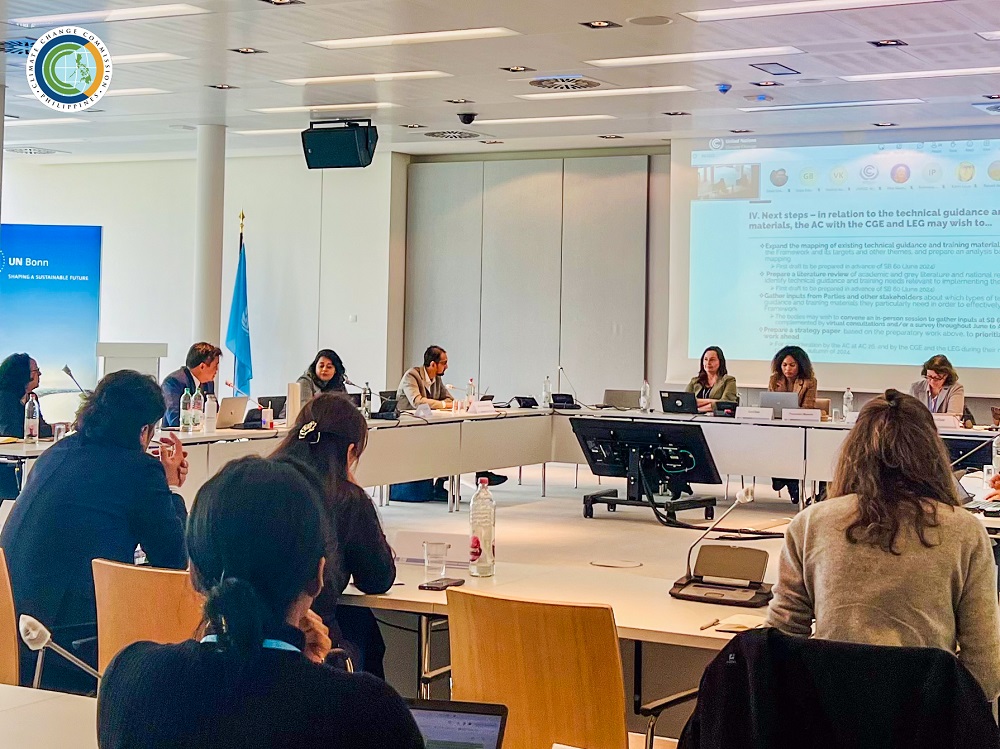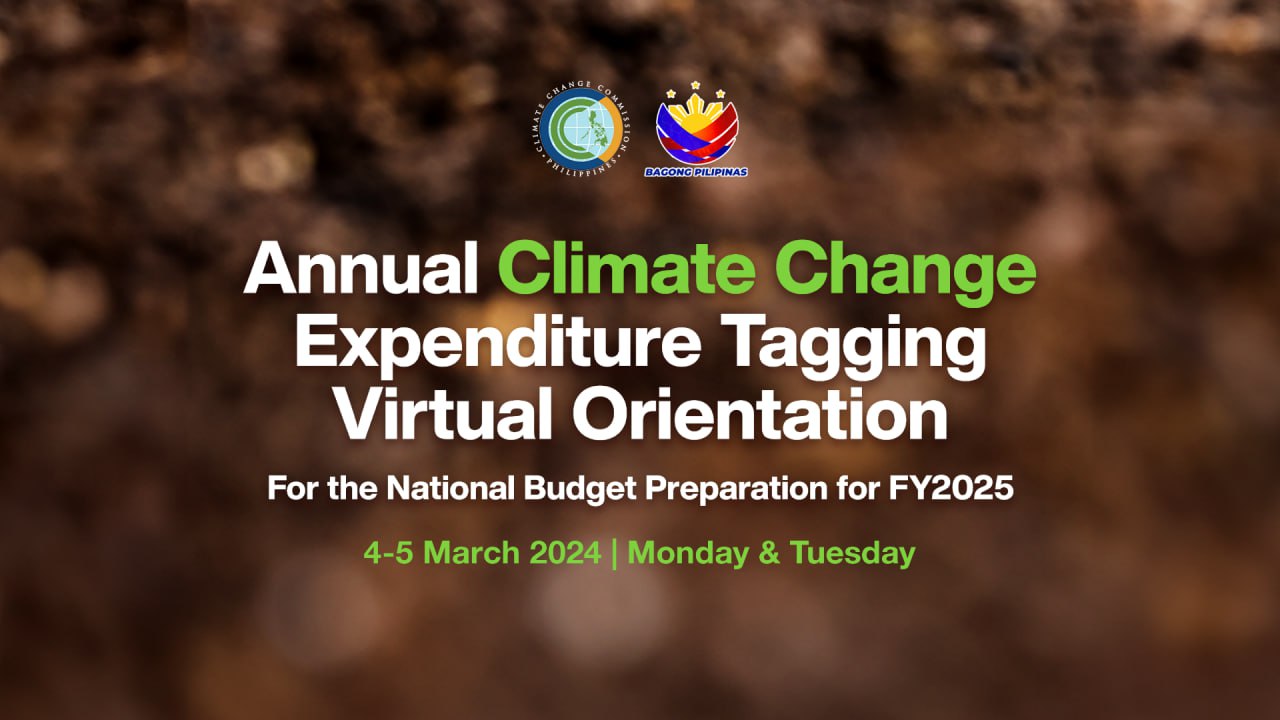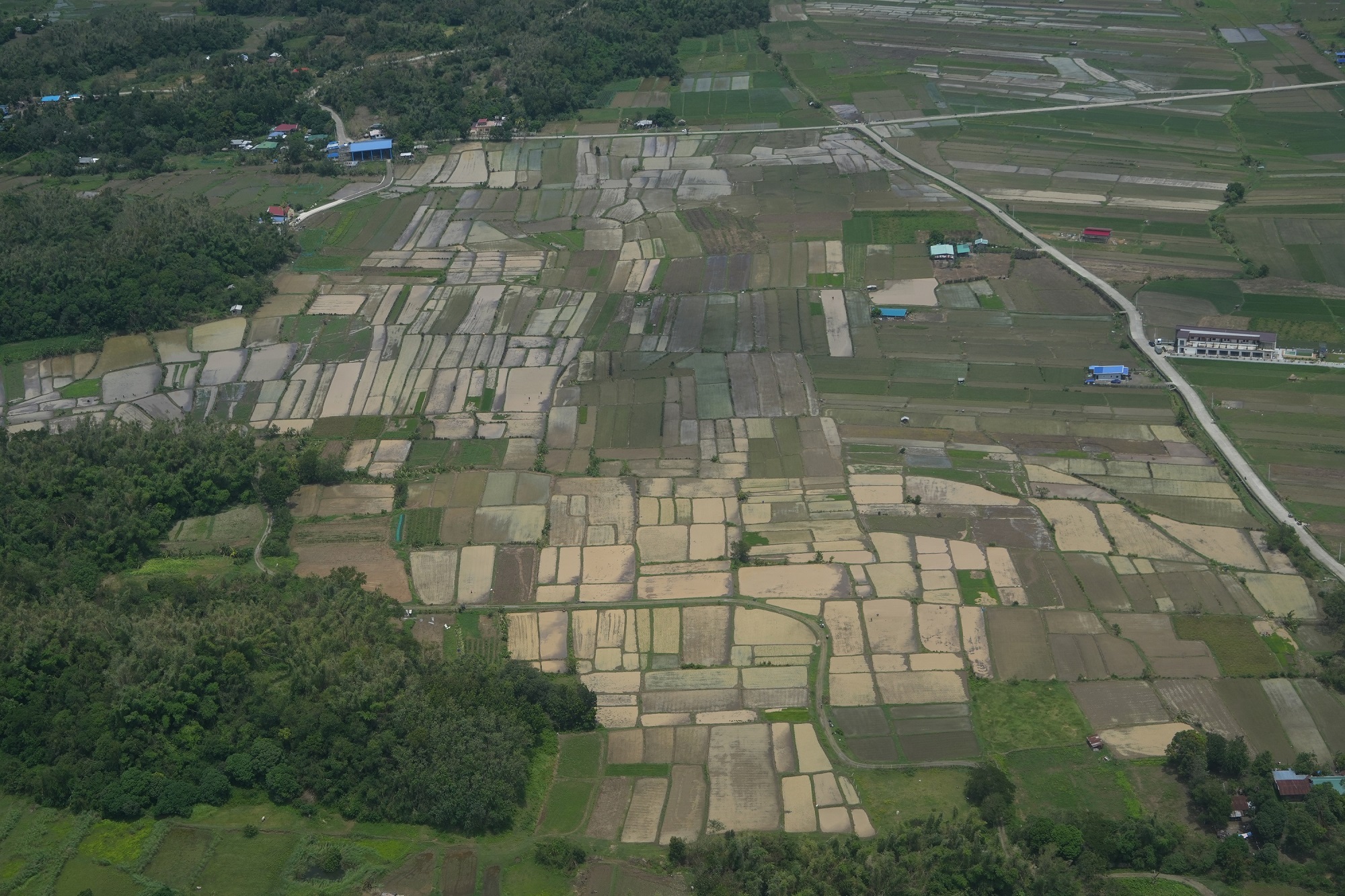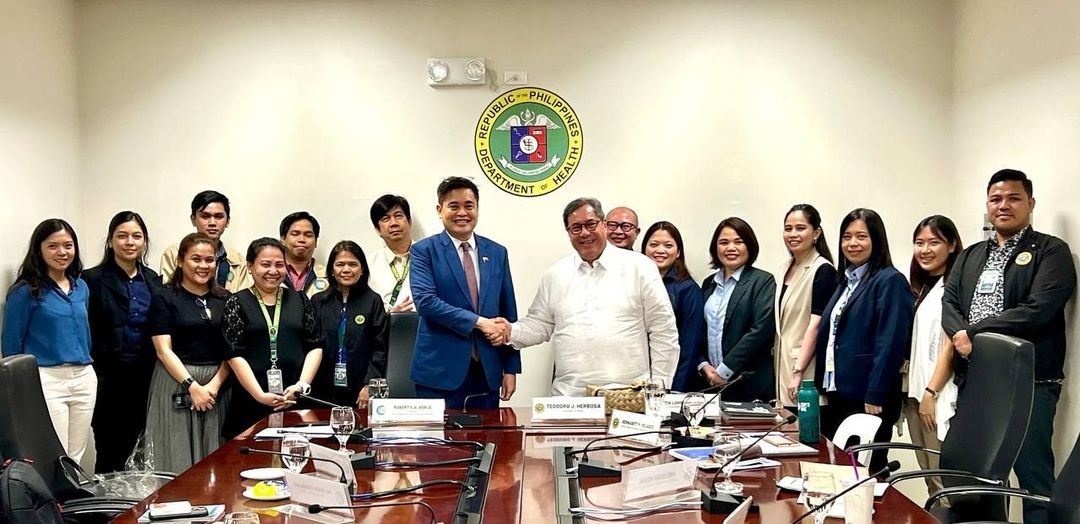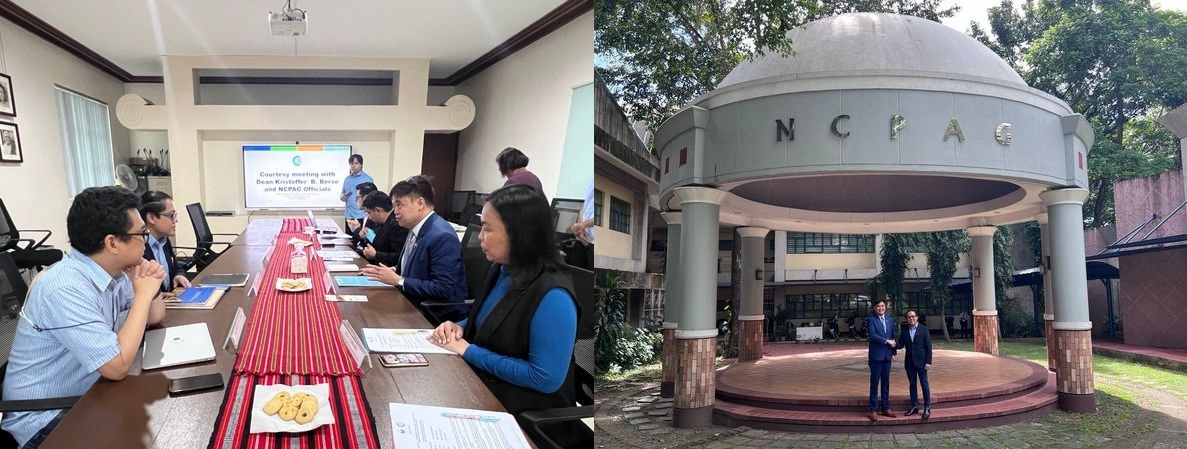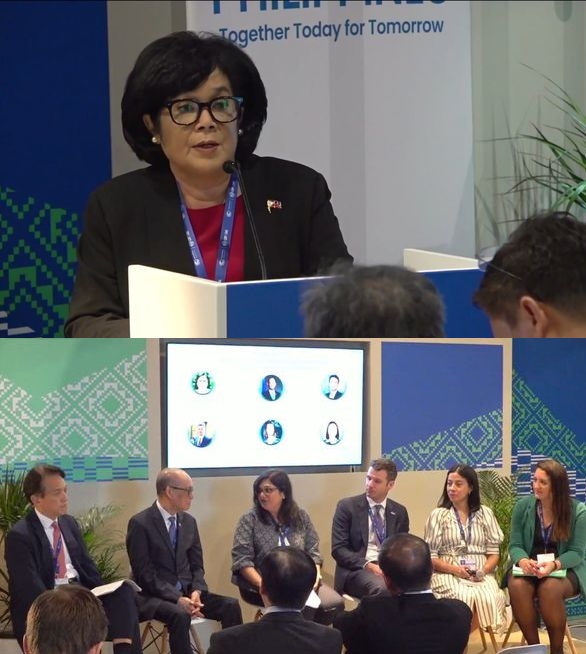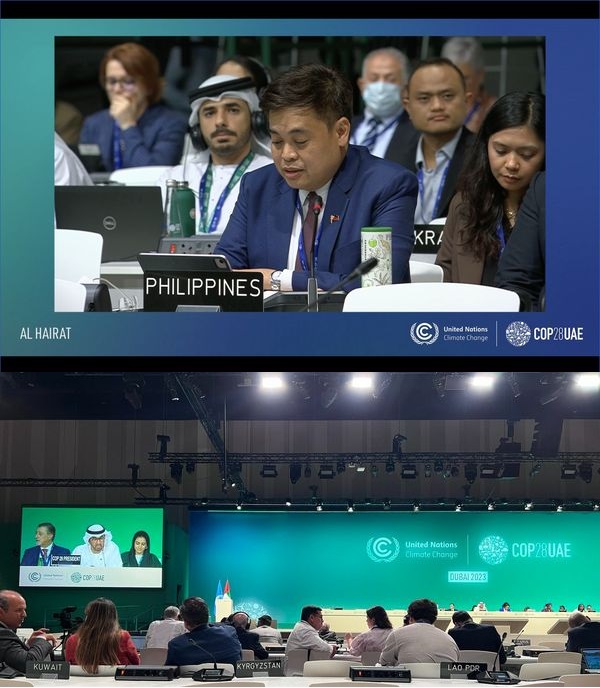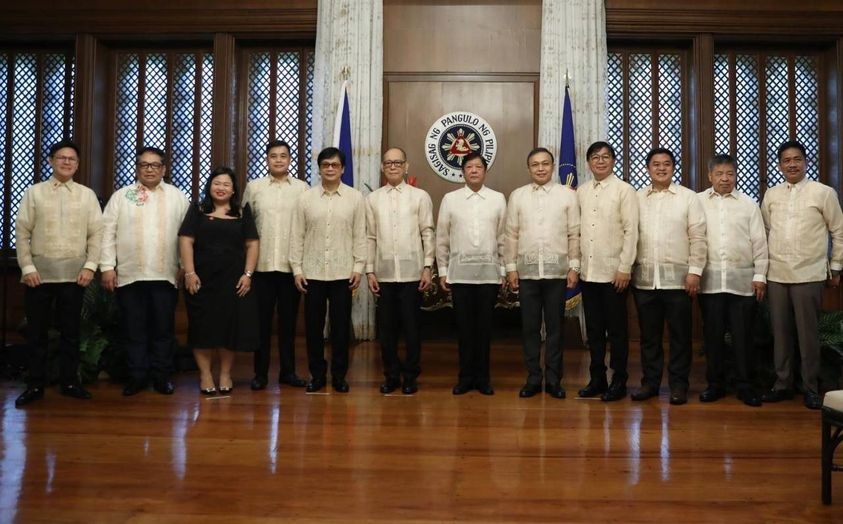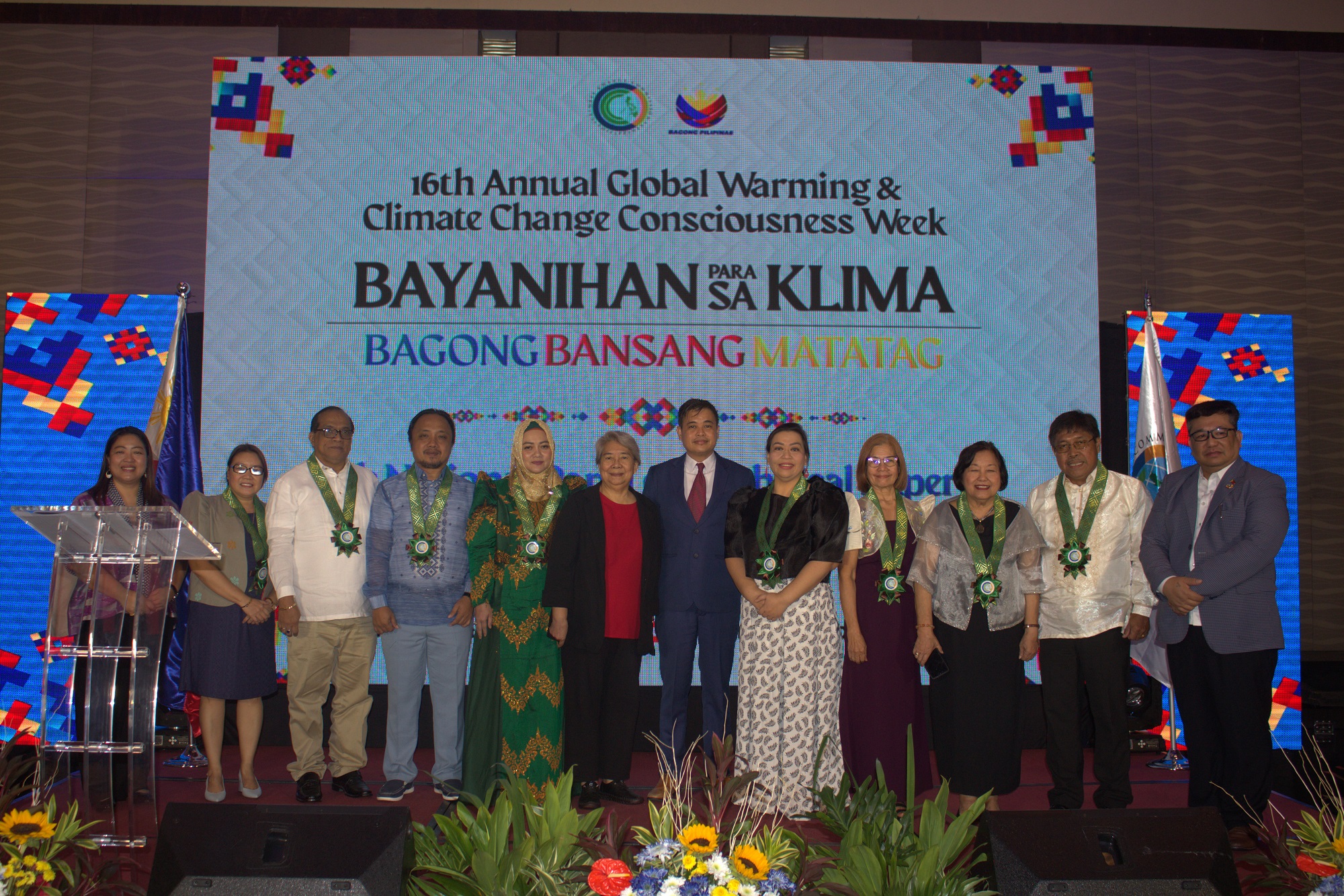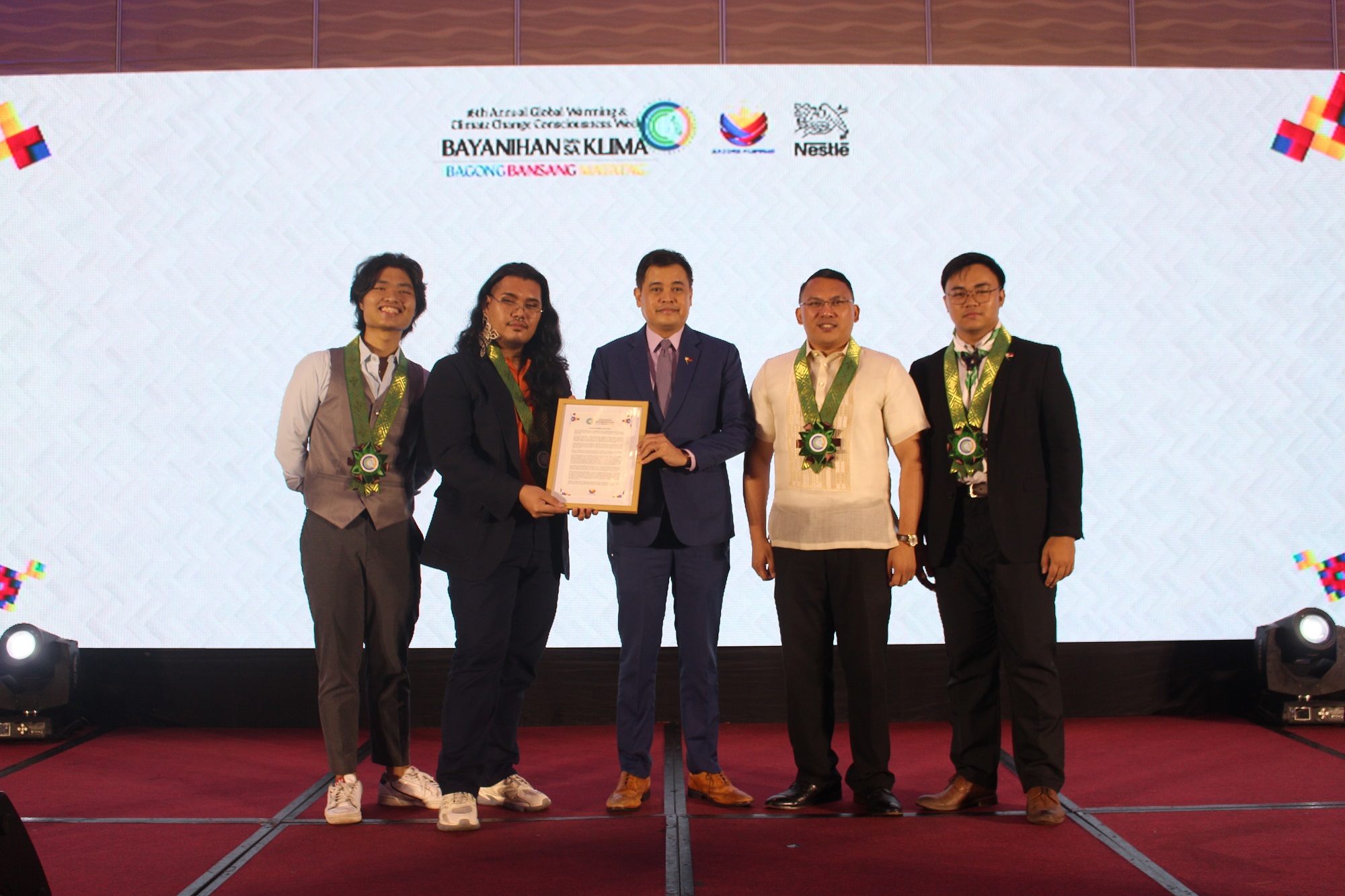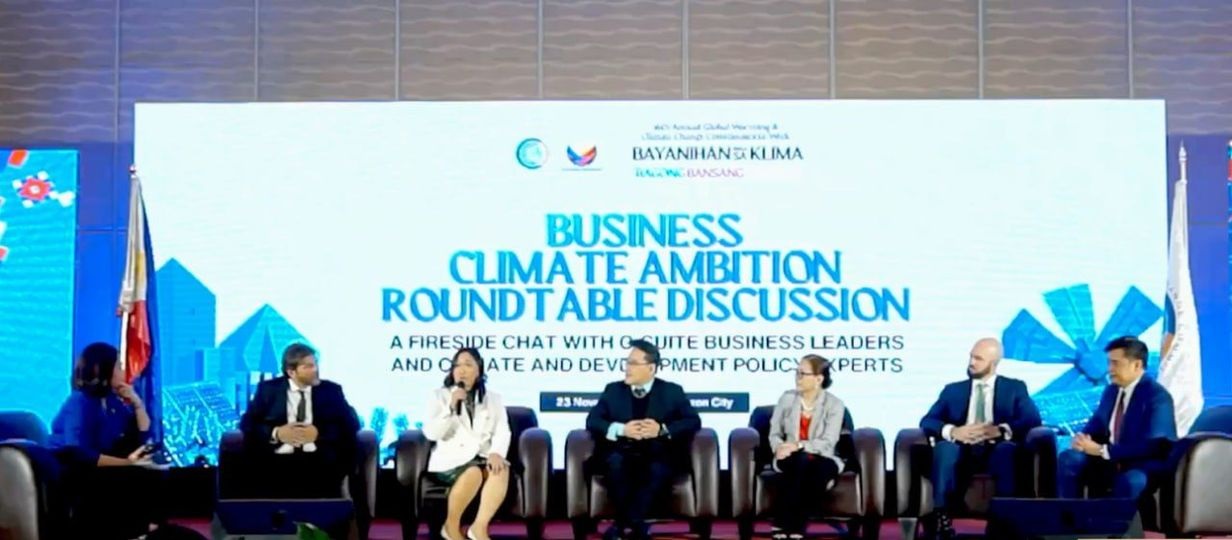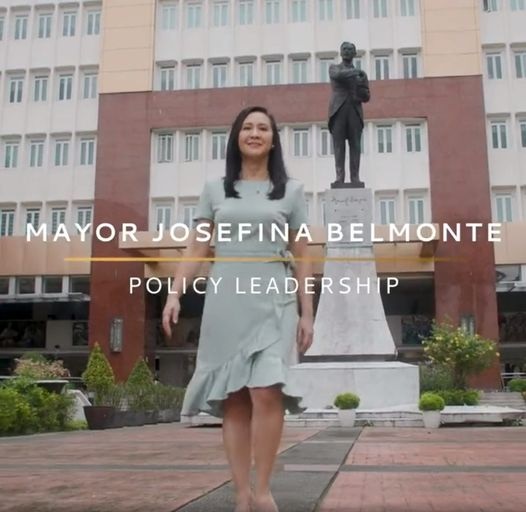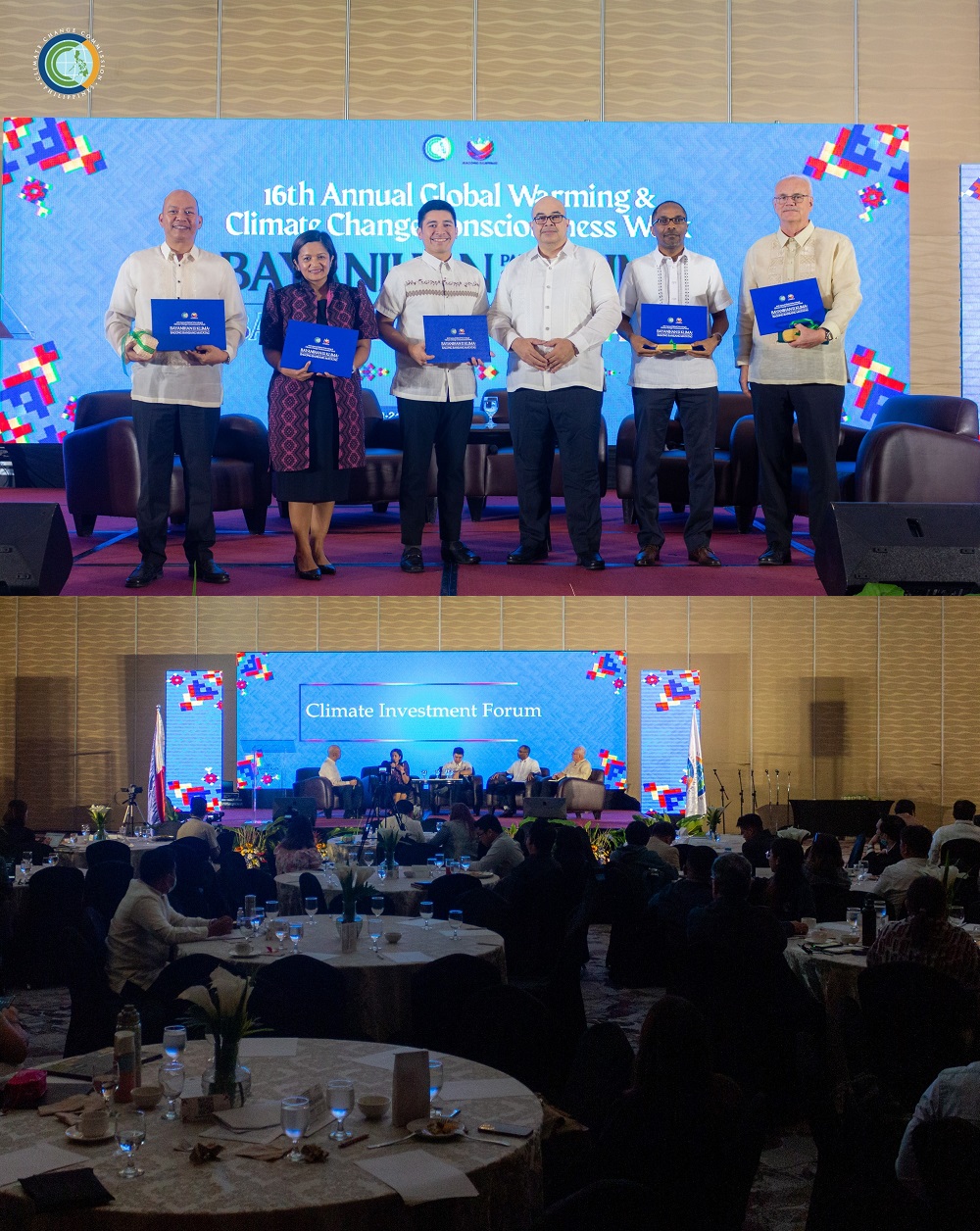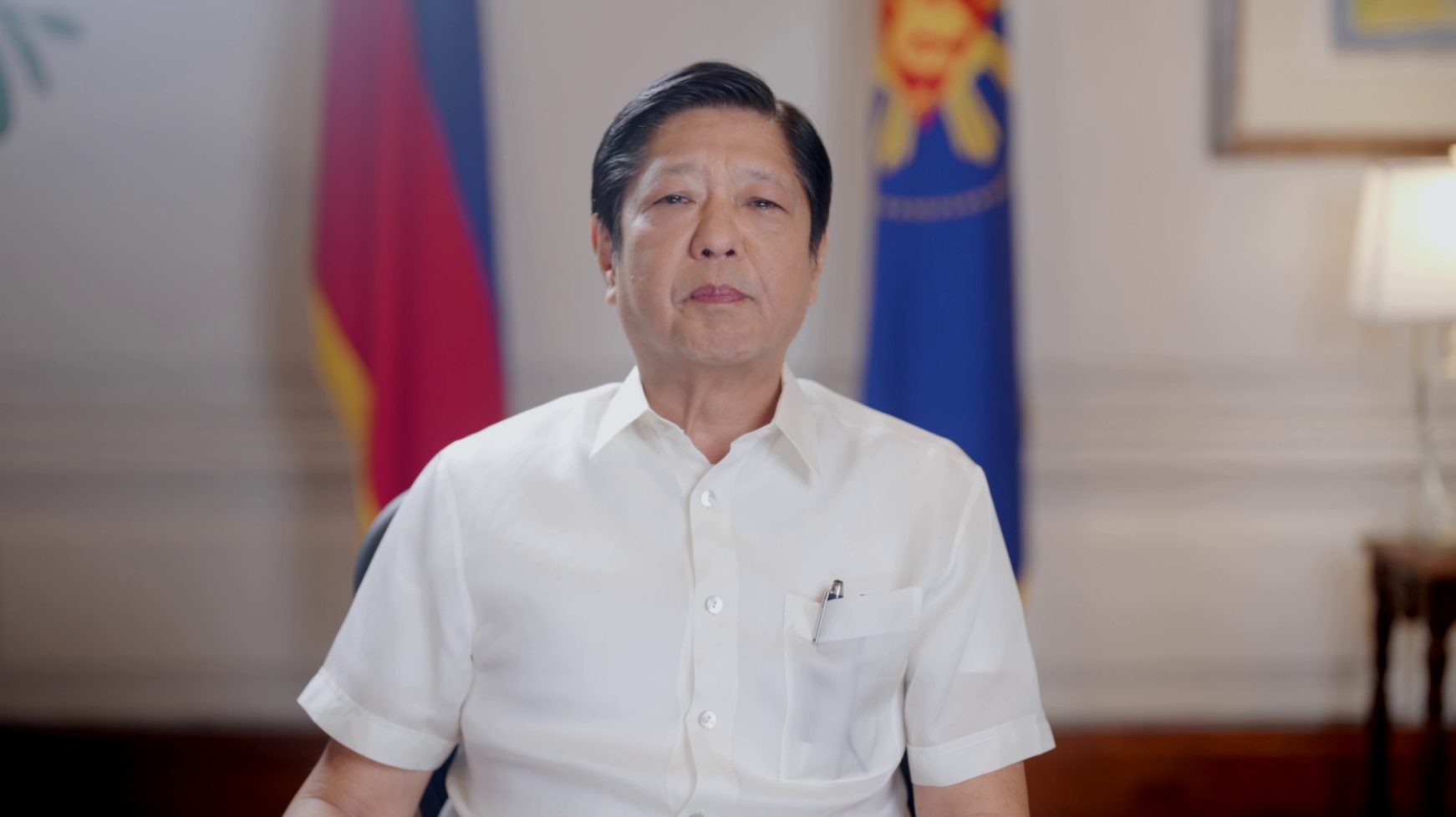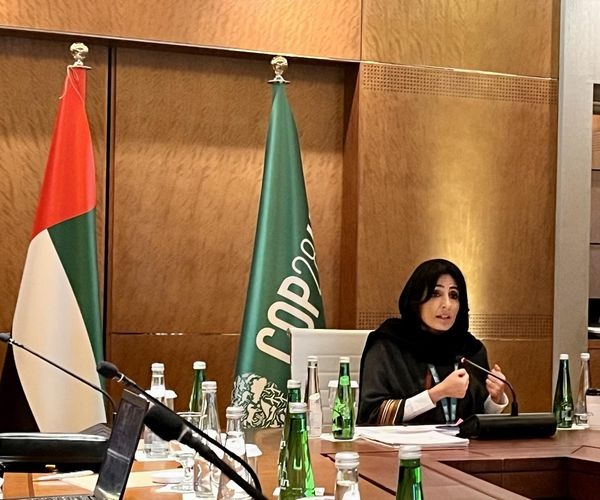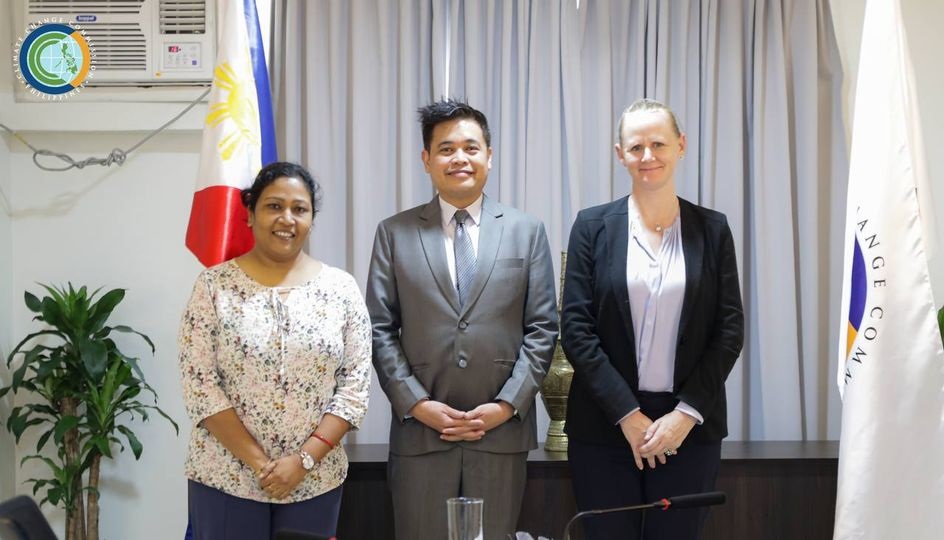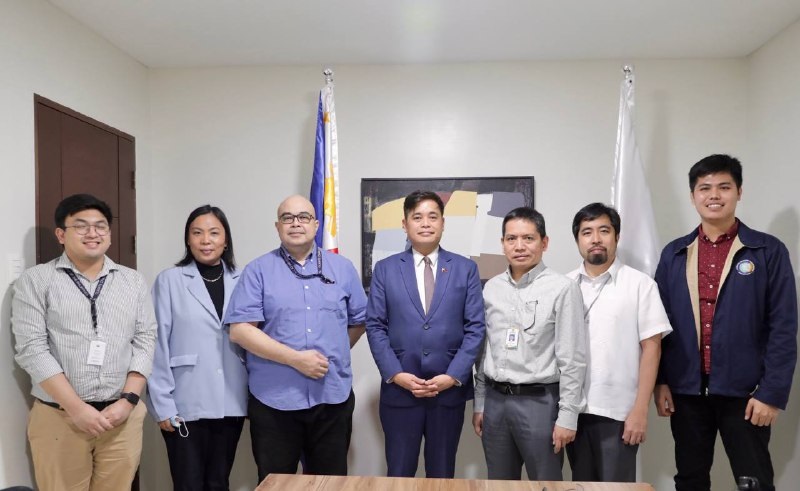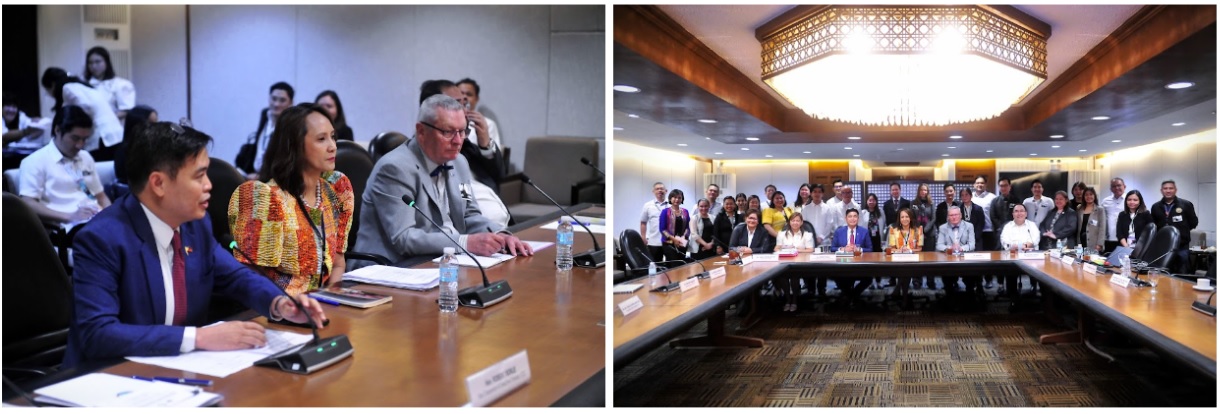MANILA, Philippines | 23 February 2024 – The Climate Change Commission (CCC) urges the Filipino people to take proactive measures following the forecast of the Philippine Atmospheric, Geophysical and Astronomical Services Administration’s (PAGASA) of an increased El Niño activity.
PAGASA announced the possibility of an increase in the number of provinces to be affected by the El Niño phenomenon. From 41 provinces that experienced adverse effects in January, the number is projected to reach 51 by the end of this month.
According to PAGASA, Metro Manila and 23 other provinces may experience drought by the end of the month, according to state meteorologists. These provinces are Abra, Apayao, Aurora, Bataan, Benguet, Cagayan, Cavite, Ifugao, Ilocos Norte, Ilocos Sur, Isabela, Kalinga, La Union, Mountain Province, Negros Occidental, Nueva Ecija, Nueva Vizcaya, Occidental Mindoro, Palawan, Pangasinan, Quirino, Rizal and Zambales.
El Niño refers to a periodic weather event characterized by a warming of the ocean surface or above-average sea surface temperatures in the eastern equatorial Pacific. It is associated with droughts, heat waves, heavy rainfall and other extreme weather events. While its effects are global, El Niño hits Asian countries the hardest. The Philippines, in particular, is currently experiencing extreme drought, one of the slow-onset effects of climate change.
Drought is characterized by a decrease of 21 to 60 percent in rain occurrences for five consecutive months, or below normal rainfall conditions for three consecutive months. These conditions adversely affect climate-sensitive sectors, including agriculture, energy, water, health and public safety, leading to food, energy and water insecurity.
“The recurrence of the El Niño phenomenon calls for the implementation of both short and long-term solutions to ensure food, water and energy security, safeguard livelihoods, and improve the country's disaster and climate resilience," said President Ferdinand R. Marcos Jr. in signing the Executive Order No. 53 or the reactivation and reconstitution of Task Force El Niño.
The CCC, in cooperation with other national government agencies, has developed policies and strategies that will prepare the nation for climate change impacts and disasters. These include:
The National Climate Change Action Plan (NCCAP), which outlines strategies for building resilience to climate change impacts, including El Niño. It calls for improved water resource management, early warning systems, and climate-smart agriculture practices.
The Local Climate Change Action Plans (LCCAPs). Developed by local governments, the LCCAPs provide context-specific adaptation measures tailored to local vulnerabilities. Integrating El Niño preparedness into LCCAPs ensures targeted and effective action.
The National Framework Strategy on Climate Change (NFSCC), which guides the country's long-term response to climate change. It underscores the importance of mainstreaming climate considerations into all development plans, including disaster risk reduction and management.
The National Climate Risk Management Framework (NCRMF), which outlines a systematic approach to managing climate risks, including those associated with El Niño. Implementing its recommendations strengthens preparedness and response capacity.
“Implementing the strategies and recommendations outlined in these policies and frameworks strengthens our adaptive capacity to face climate risks such as El Niño, ultimately leading to more climate-resilient communities,” said CCC Vice Chairperson and Executive Director Robert E.A. Borje.
PAGASA has warned of a strong El Niño activity this month, while most global climate models foresee the phenomenon to persist from March to May. In light of this forecast, the CCC encourages everyone to take the necessary steps to minimize the negative impacts of El Niño in their homes and communities.
What to do before and during El Niño
These El Niño preparedness tips encompass preparing for the rising temperature, water shortages, fire prevention and safety, and typhoons and other extreme weather events.
Withstanding Rising Temperatures
Insulate the home. Proper insulation is crucial to keep your home cool without depending on energy-consuming air conditioning. Check roofs, walls and windows to ensure they are insulated, and consider adding insulation to prevent heat from entering the home.
Employ natural cooling methods. Take advantage of natural cooling methods that are both sustainable and culturally significant. Place plants strategically in the home to reduce heat absorption, provide shade and improve air quality.
Stay hydrated. Extreme heat requires extra attention to staying hydrated. Drink plenty of water, and prepare homemade electrolyte solutions using salt, citrus fruits and other easily accessible ingredients to replenish essential minerals and electrolytes that you lose when you perspire.
Addressing Water Shortages
Harvest rainwater. Collect and store rainwater by installing a rainwater harvesting system. This can provide water for non-potable uses such as cleaning, flushing the toilet and watering the plants. Rain barrels, gutters and filters can collect and store rainwater effectively. Make sure to seal the container of collected rainwater to prevent it from becoming a breeding ground for mosquitoes.
Adopt water-saving techniques. These include reusing gray water from washing machines and showers, using a bucket instead of a hose when washing vehicles, and fixing plumbing leaks promptly.
Find alternative water sources. Find out if there are alternative water sources in your area, such as community wells or springs. Work collectively to ensure they remain sustainable while maintaining cleanliness.
Preventing Fires
Fireproof your property. Choose fire-resistant landscaping techniques and plants to avoid the risk of wildfires. Avoid flammable materials such as lightweight wood or highly combustible plants. Instead, choose native plants that thrive in the local climate and soil conditions to also reduce the risk of them becoming invasive.
Practice safe cooking techniques. Avoid grilling or cooking outdoors on windy days and don’t leave cooking unattended. Check smoke detectors to ensure they are functioning properly, and keep fire extinguishers readily available.
Prepare for emergencies. Create a fire safety plan and apprise all family members of evacuation routes and meeting points. Make sure you have grab-and-go-bags that contain flashlights, batteries, first aid supplies, lightweight blankets, solar chargers and other essentials.
Bracing for Typhoons
Reinforce your home. Protect your home from strong winds and rain and other extreme weather conditions by securing roofs, reinforcing windows with protective shutters, and making sure that doors are sturdy.
Create natural barriers. Plant trees around your property to provide shade and contribute to sustainability. Trees also can also help protect you against strong winds during typhoons. Work with your community to organize tree-planting activities for a stronger, collective impact.
Craft emergency kits. Prepare a comprehensive emergency kit that contains essentials that are often overlooked, such as solar chargers and waterproof document protectors, to help you stay connected and informed during and after emergencies. Also pack non-perishable food, water, medication and raincoats.
Preparing for and coping with El Niño requires community collaboration. The Climate Change Commission encourages individuals to form neighborhood watch groups to monitor and address El Niño-related challenges together.
“Collaborative efforts can help identify solutions for common concerns and develop a stronger sense of resilience within your community,” Borje said.
For more information about the CCC’s climate mainstreaming activities, visit the website of the CCC at https://climate.gov.ph and https://www.facebook.com/cccphl.
February 23, 2024 Friday

